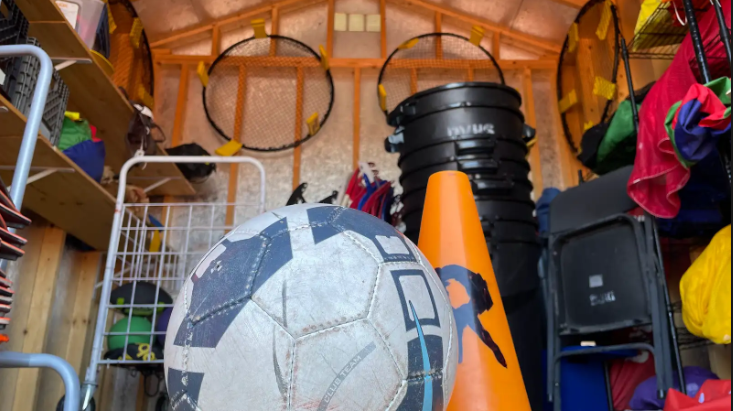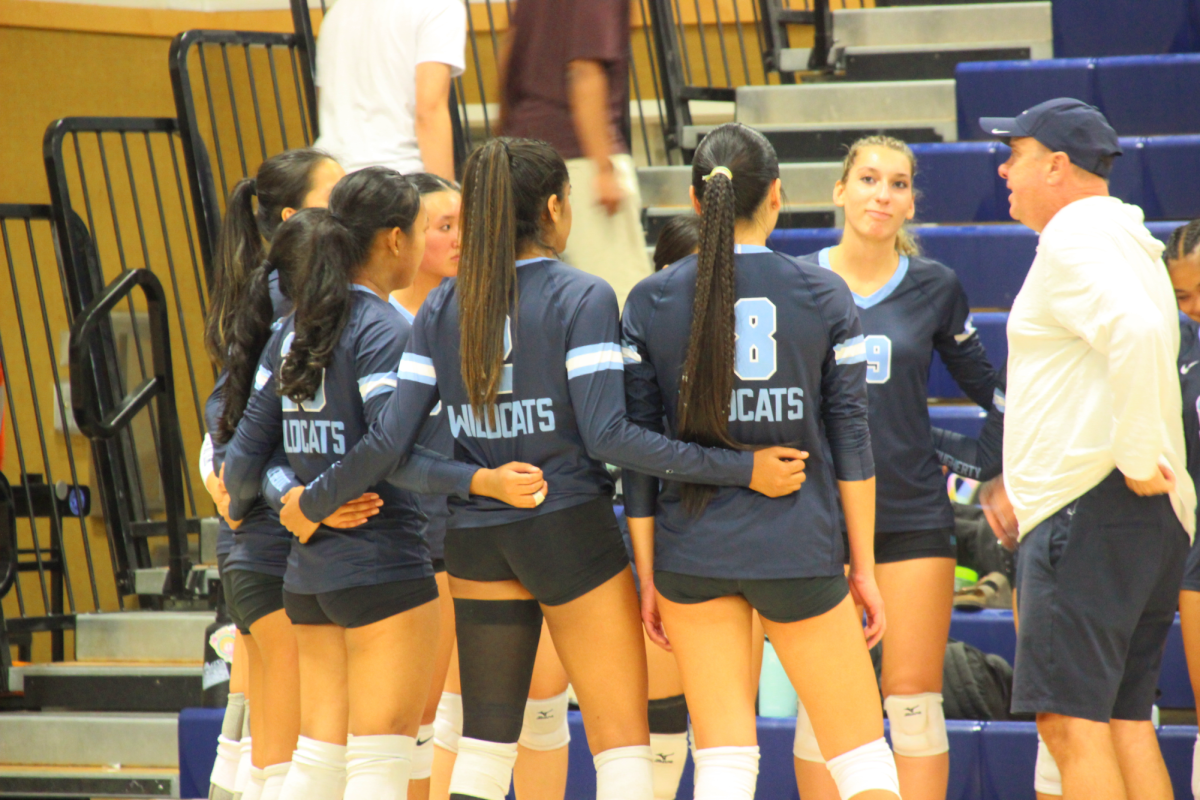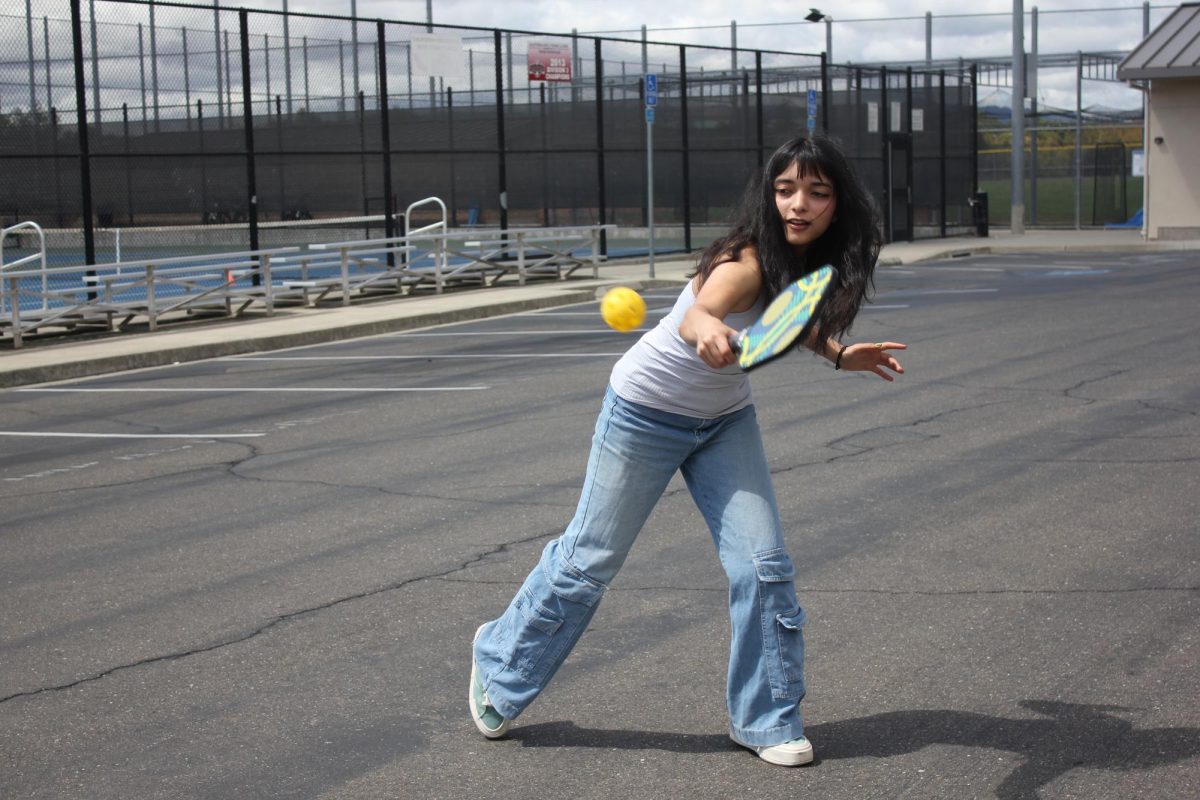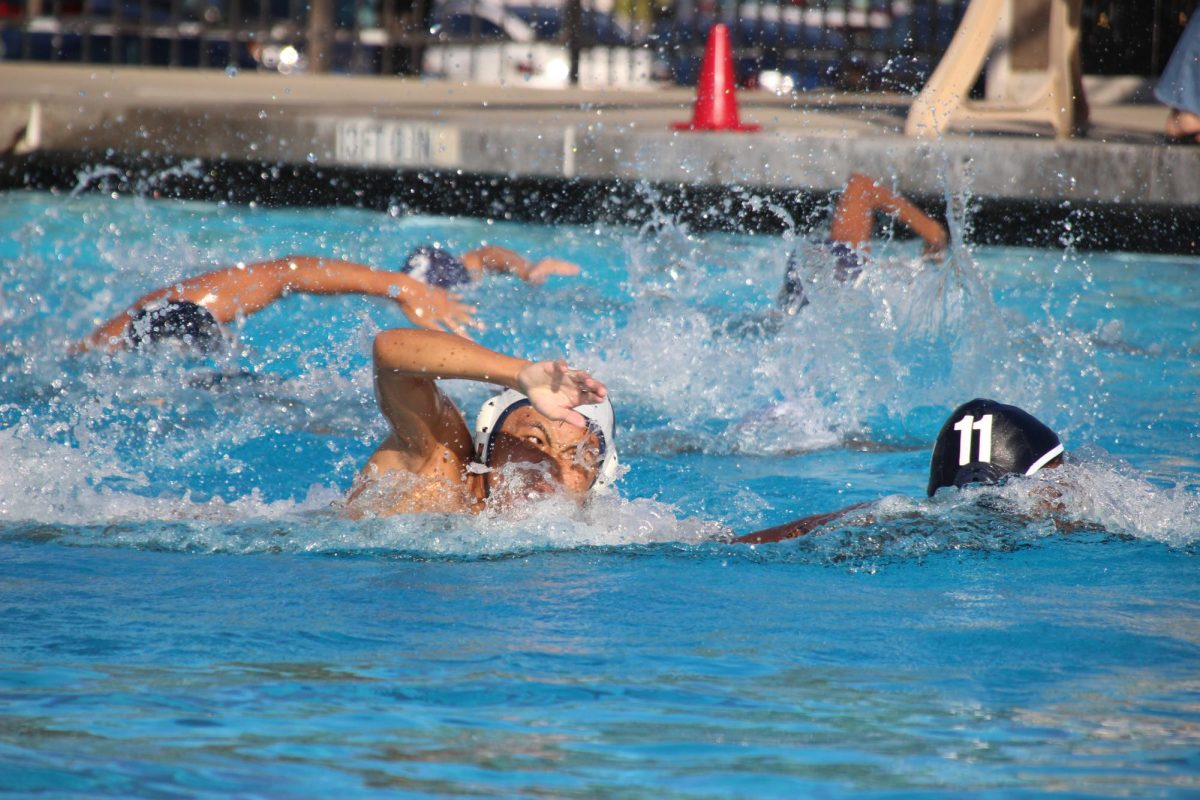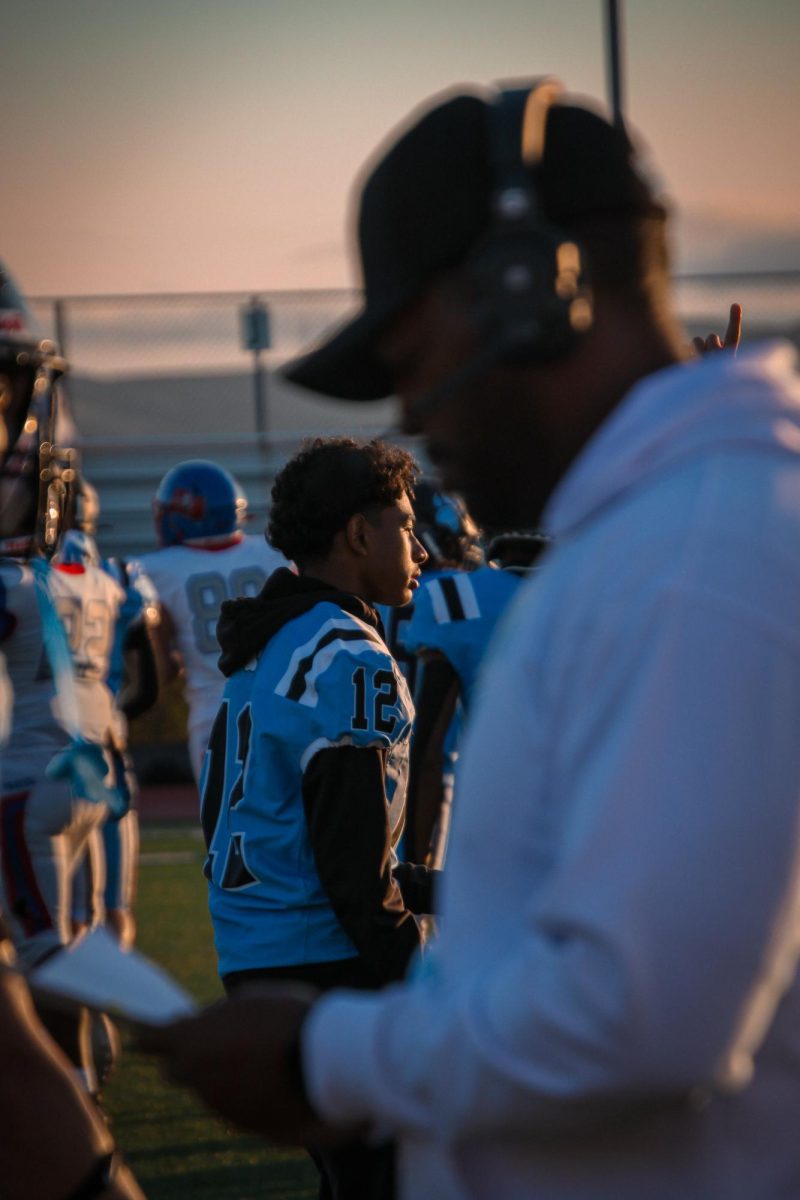With his recent election to the presidency, Donald Trump signed a law to ban transgender women from womens sports teams, as he believes that biologically male athletes shouldn’t be allowed to compete against biologically female athletes.
“Gender identity is central to our sense of self and has nothing to do with natal sex,” LGBTQ+ advocacy organization PFLAG’s San Ramon/Danville president, Anuradha Gupta, said in response to the bill’s passage. “If we impose that trans women do not play in a team consistent with their gender identity, it’s like banning them from sports altogether.”
NCAA rules previously didn’t include a close examination of gender identity, as opposed to biological sex, as a criterion when determining eligibility into their respective programs, one way or another. However, as soon as policies were in place at a federal level, they initiated a quick change in their own rules to align, as they are legally required to do so. This includes shifting their policies to bar biologically male athletes from womens college sports teams.
“Everyone has different abilities, and this reinforces stereotypes about how women are weaker,” Gupta retorted.
Initially, when the policy was proposed, Trump specifically emphasized the policy’s benefits to cisgender female athletes, as according to him it would allow them to feel safer and avoid getting hurt easily by blows from individuals described by Trump as male athletes.
DV varsity football and wrestling athlete junior Vanshika Burman was in support of the policy. “I feel like in wrestling, we were separated for a reason to begin with, and it shouldn’t mix up,” she said. “But that’s my opinion. I think that if you’re transgender or something, regardless of testosterone or whatever, you do have a selective advantage, especially in not just football, but also wrestling and in general,”she continued.
For the past fall season, Burman has played on the varsity football team,where she was the only girl among boys around 18 years old. From her experience, competing against them as a biologically female athlete has challenges. “I do have to go up against really, really masculine people, and really, really heavy people, and it’s harder on the field.”
DV Wrestling Player, Reyna Jimenez, on the other hand, stated that, “Sports are for everyone.”
She continued, “I think everyone has the right to participate in a specific program, so while I understand where they [supporters of the policy] are coming from, I think that there should be some exceptions made. Whether that’s to create a whole new program or not, I don’t know.”
Though Trump’s policies currently prevent transgender women from playing on womens sports teams, California’s individual state policies have no restraints on eligibility for trans athletes as of now. However, recently, some states have faced controversy surrounding their decision not to abide by the federal ruling.
For example, Gupta recounted, “We’ve seen Maine standing up for two trans kids, and in retaliation, funding for school lunches were frozen.”
Nonetheless, Jimenez considered the situation of the wrestling team in the future, and believes it would evolve with the new rules to encompass potential trans candidates. “I’ve met a wide range of athletes that participate in wrestling,” Jimenez said, “And while I think it’s a question of how you would categorize [trans] athletes, I still think that my program would be welcoming to their conclusion.”
Lastly, many advocacy organizations have pledged to support trans individuals and help them navigate these policies, among other rulings that might affect them both in the athletic world and beyond.
Gupta concluded, “To the entire LGBTQ+ community, and especially to our trans and gender-expansive community, we see you, you’re precious and we are fighting for you.”


